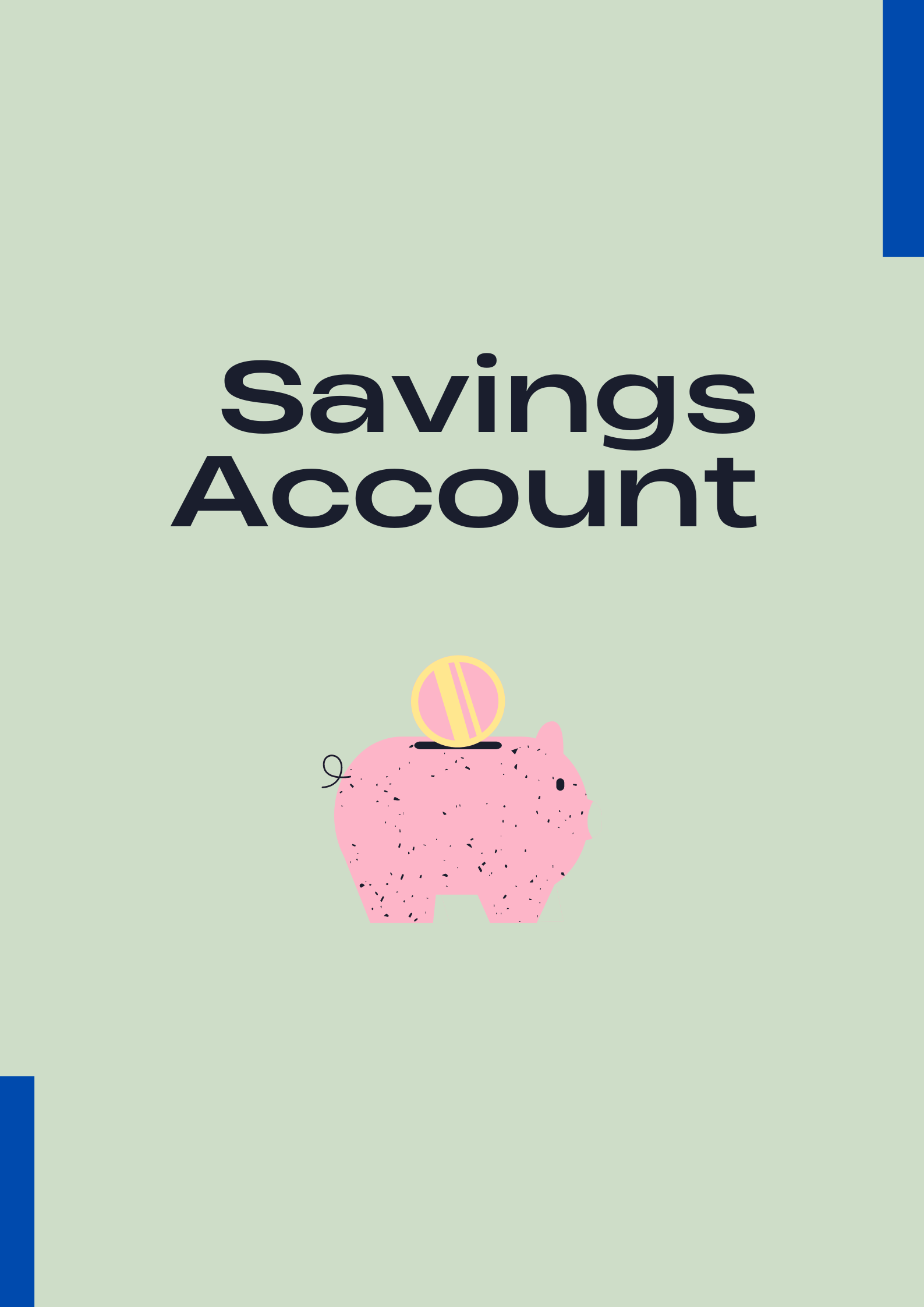Scaling Your Taxi Business with Uber Like Taxi Software

Uber has created a significant milestone by revolutionizing the process of booking taxis. In the past, hailing taxis on the street was the norm, but Uber’s innovative taxi booking application changed that completely. This well-known app has achieved a historic feat by introducing a convenient way to book taxis using just a smartphone. As the number of smartphone users has risen, more people have become inclined towards using private taxis instead of public transport.
As daily commuting becomes increasingly challenging, these Taxi Booking Apps simplify the process by providing riders with convenient and cost-effective rides right to their location.
Why Taxi Booking Apps Like Uber Are Increasingly Becoming Popular?
Imagine a situation where someone urgently needs transportation but can’t find a taxi or auto nearby. During such moments, ride-hailing apps like Uber come to the rescue. With just a few taps on a smartphone, a cab can be booked online, ensuring a prompt arrival. This requirement is ongoing and is projected to grow over time. Seizing this demand could greatly benefit your business.
Creating a Ride-hailing App could contribute to increased profits, improved customer satisfaction, and a broader global presence. However, it’s important to acknowledge that developing such an app is more complex than simply booking a ride. It necessitates the right expertise, dedication, and enthusiasm.
Before embarking on this endeavour, it’s crucial to consider factors like the app’s development timeline, costs, and the valuable insights it can provide into the creation, management, and overall value of the App.
Leveraging Your Taxi Business Using Uber Clone Software
By creating a mobile app for booking taxis, you can help customers and drivers easily communicate and work together instantly. This special app can also help things run smoothly without needing constant attention. This app not only makes things better for users but also makes trips faster and drivers better at their job. Plus, it saves money by not needing to manage everything separately.
Increased Visibility
Having a taxi booking solution boosts the visibility of your taxi business and greatly engages customers. For example, when people travel to new places, they often use search engines like Google to find nearby taxi services. Since smartphones are so common nowadays, tourists typically rely on them to find a taxi before anything else. Therefore, taxi companies without their own app may lose out to competitors who offer a user-friendly mobile application.
Enhanced Profits
Many taxi operators and drivers who used to work with major ride-hailing apps have complained about high commissions and decreasing benefits. This is one of the main reasons why cab operators are cautious about using aggregator platforms. However, your taxi business can take a smarter approach by creating your own app, allowing you to keep the money that would otherwise go to the ride-hail aggregators.
Efficiency Through Automation and Cost Reduction
Through a taxi booking mobile app, both customers and drivers can easily connect in real-time, leading to smoother operations on autopilot. This kind of app not only offers a better user experience but also reduces estimated arrival times (ETAs), boosts driver performance, and cuts down on the expenses of managing everything independently.
Improved Driver Performance
Not all drivers have the same driving habits or skills. Therefore, it’s crucial to gauge and enhance driver productivity and efficiency. Traditional taxi companies typically don’t provide a way for passengers to share feedback about their experiences with specific drivers. If a passenger had a bad experience due to a fare dispute or other issues, it would be difficult to determine whether it was the passenger’s or the driver’s fault. However, with a mobile app, every step from booking a ride to reaching the destination can be tracked and monitored, providing valuable insights.
How Much Money You Will Need to Develop an App like Uber?
Numerous variables, like the quantity of features, the location of the app development business, the hourly rates charged by that company, and more, affect the price of developing an application.
The following are some of the critical variables that affect how much a taxi app will cost to develop:
- Use of native Android/iOS technology
- Number of attributes and capabilities
- Integrations of the development team’s rates and skills
- Creating a maintenance schedule
The total cost of development will depend on the level of complexity, the features you choose, and the particulars of the platform. The estimated timeframe will also be impacted by this.
Multifaceted Approach Of Uber Clone To Generate Revenue
Primarily, the app generates revenue through the following key channels
Ride Commission Fees
The primary source of revenue for an Uber clone app is the commission it charges from drivers for every completed ride facilitated through the platform. This commission is a percentage of the total fare paid by the rider, and it varies depending on the specific terms and conditions set by the app owner.
Booking and Cancellation Charges
The app can also earn revenue by imposing booking fees on riders for each ride they request. Additionally, cancellation charges can be levied on riders who cancel their bookings after a certain time window. These charges contribute to the app’s revenue stream.
Surge Pricing
During peak demand periods or in high-demand areas, the app can implement surge pricing. This means that the fare for a ride may increase temporarily due to increased demand and limited supply of drivers. The app can then earn a higher commission from these surged fares.
Subscription Plans
Some Uber Clone Apps offer subscription plans to riders, wherein users pay a recurring monthly or yearly fee in exchange for benefits such as discounted rides, priority booking, and other perks. These subscription fees contribute to the app’s steady revenue stream.
Promotional and Advertising Revenue
Through in-app promotions and advertising, the app can collaborate with regional companies, brands, and marketers to market their goods and services to riders. These collaborations may increase the app’s earnings.
Delivery Services
Many taxi booking apps have expanded their services beyond ride-hailing to include on-demand delivery of goods, food, groceries, and more. The app can earn revenue by charging a commission from these delivery service providers for each successful transaction facilitated through the platform.
Data Monetization
The app can leverage the data it collects from riders and drivers to generate insights and trends that can be valuable to third-party businesses, city planners, and other stakeholders. By anonymizing and aggregating this data, the app can offer it for a fee, thus creating an additional revenue stream.
Premium Features
The app can offer premium features to both riders and drivers for an additional fee. For instance, riders might have the option to choose luxury vehicles or specific amenities for a higher fare, while drivers could gain access to advanced driver support or analytics tools for a subscription fee.
In Conclusion
Numerous Uber clone Apps have been developed as a result of the overwhelming client’s response and success of Uber. If you’re waiting for the ideal moment to enter a market that is always expanding, you should know that this is impossible.
You may easily get an App developed by any experienced mobile app development business by copying Uber’s features. Simply conduct your research, decide on your company’s aims and goals, create your app, and you’ll get the necessary outcomes.











